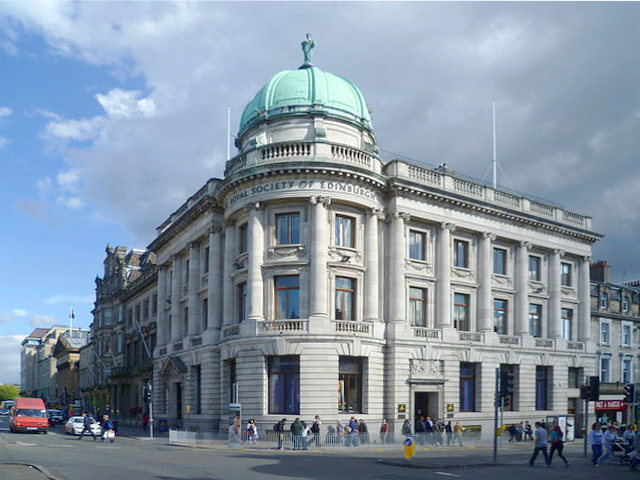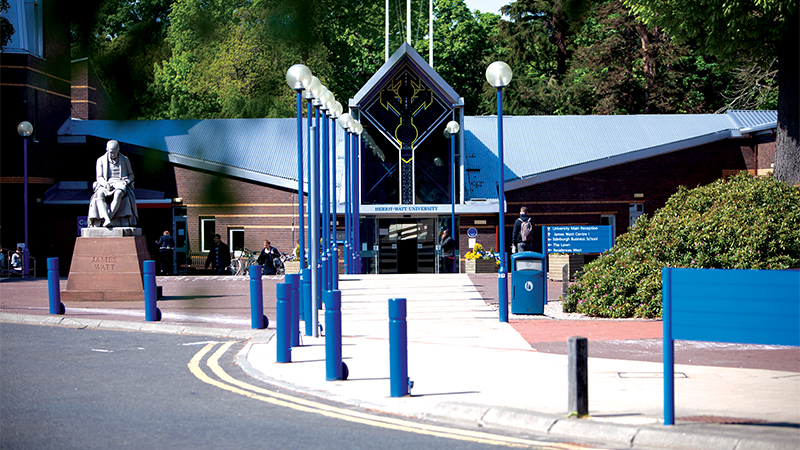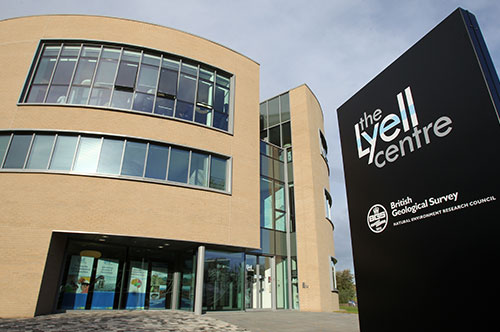

This is the fourth in a series of specialised deepwater research conferences. It is the primary meeting for all those interested in this fast-moving and interdisciplinary field – sedimentologists, physical oceanographers, paleoceanographers, economic geologists and the broad contourite community.
The main aim is to discuss, exchange and advance our understanding of deepwater circulation and its effects on the seafloor and sediments. There has been much work and significant progress since the 3DWC (Wuhan, China) and we are excited to share and showcase these advances.
We intend for this to be a working research conference with plenty of opportunity for collaboration between participants – joint planning, publications and proposals, focussed workshops and scientific discussion. There will be the normal variety of short oral and poster presentations as well as exciting pre and post-conference field excursions (a) to undertake a geo-transect of classical Scottish geology; and (b) to examine and debate Oligo-Miocene contourites outcropping in Cyprus.
Edinburgh is a beautiful and historic city and the local geology fundamental to the birth of our science. There will be ample scope to explore both.
IMPORTANT DATES
- IMPORTANT UPDATE: conference has been postponed to May 2023 due to Covid travel restrictions restricting participation – to be updated shortly
- 12 October 2021: Signpost to 4DWC (Virtual Event)
- 24-26 May 2023: Conference days
-
- Day 1-2: Talks and poster sessions at the Royal Society of Edinburgh
- Day 3: Workshops at Heriot-Watt University
-
PRINCIPAL TOPICS
- Contourites – modern and ancient, shallow-water and hybrid systems, carbonates and clastics, ichnofacies, microfacies and fabric
- Bottom currents – complexities and controls, eddies and benthic storms, internal waves and internal tides, and seafloor measurements
- Process interaction – downslope and alongslope processes, hybrid deposits
- Gateways and controls – sediment budgets, contourite cyclicity, deepwater organic carbon
- Geophysics and petrophysics’ – seismic stratigraphy and well logs
- Significance – paleoceanography and climate, slope stability and tsunamigenesis, reservoirs and source rocks, bio-diversity and socio-economic impact
Venues



- Day 1-2: Royal Society of Edinburgh (talks and poster presentations)
- Day 3: Heriot-Watt University and the Lyell Centre (workshops, scientific discussion, proposals)
ORGANISING COMMITTEE
This research conference is a joint venture between Heriot-Watt University, the British Geological Survey and the Lyell Centre, Edinburgh, with scientific support from across the world.
Organising Committee
- Dorrik Stow Heriot-Watt University
- Uisdean Nicholson Heriot-Watt University
- Tom Dodd British Geological Survey
- Heather Stewart British Geological Survey
- Zeinab Smillie University of Stirling
- Helen Lever Heriot-Watt University
- Nicola Dakin British Geological Survey
- Gayle Plenderleith British Geological Survey
Scientific support
- Rachel Brackenridge Aberdeen University
- Javier Hernandez-Molina Royal Holloway University, 1DWC
- David Van Rooij Ghent University, 2DWC
- Xinong Xie China University of Geoscience (Wuhan), 3DWC
- Stephen Lokier Bangor University
- Joanna Pszonka Polish Academy of Sciences
- Chelsea Pederson Ruhr-University Bochum
- Valentin Zuchuat University of Oslo
Contact: d.stow@hw.ac.uk